Should Switzerland close the case of a murdered Iranian diplomat?
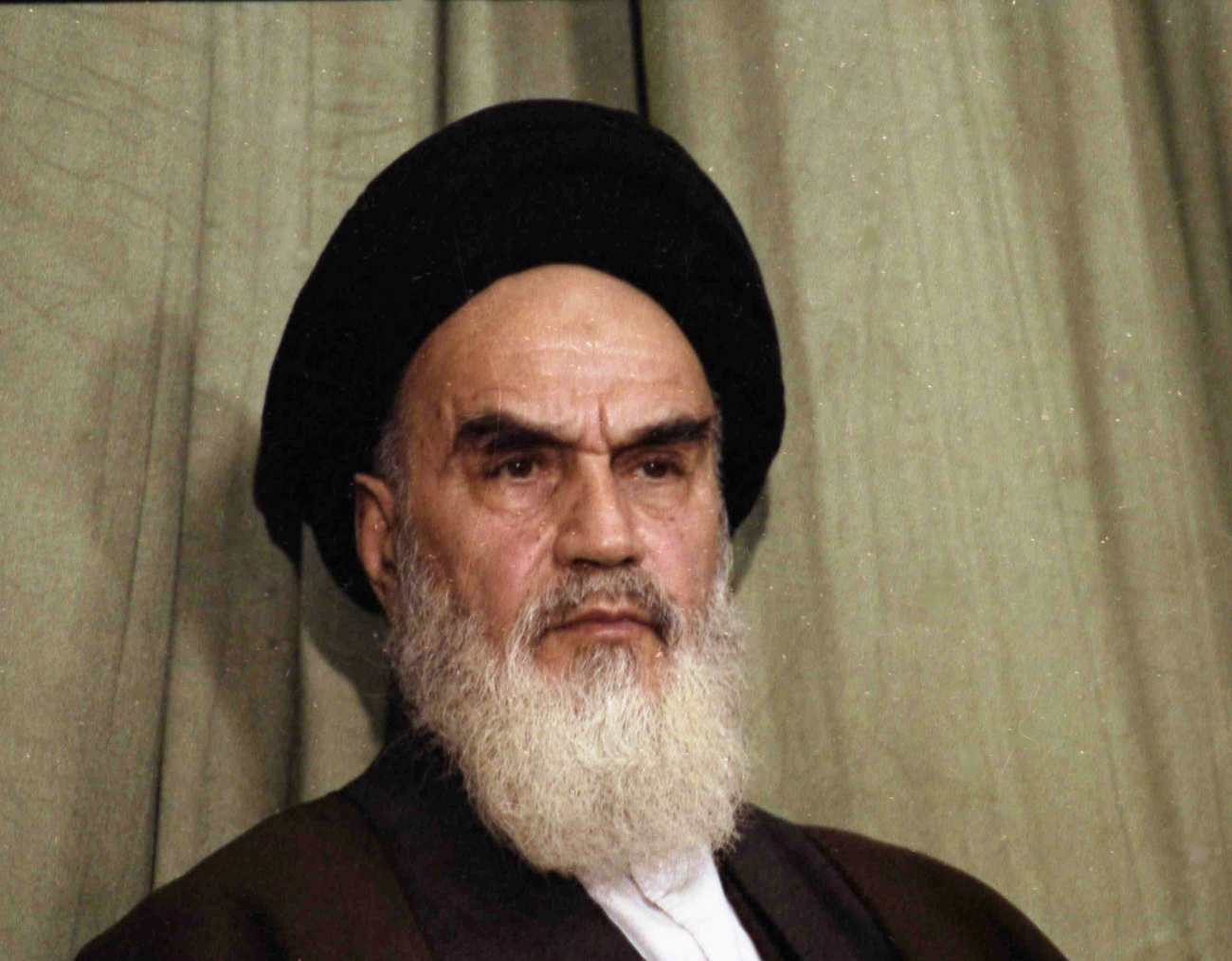
Geneva personalities and the Iranian opposition are urging Swiss judicial authorities not to close an old murder case implicating the Tehran regime. They have until July 31 to persuade them to keep investigating the 1990 assassination of Iranian diplomat Kazem Rajavi.
Judicial authorities in canton Vaud, who have been handling the case, wrote to the lawyer of the murdered man’s brother in late May saying they planned to close the file because of a statute of limitations on the assassination charges against 14 Iranians. The wanted men include former Iranian intelligence minister Ali Fallahian, against whom Switzerland issued an international arrest warrant in 2006 for instigating the assassination. The Iranian authorities have always denied any involvement in the attack.
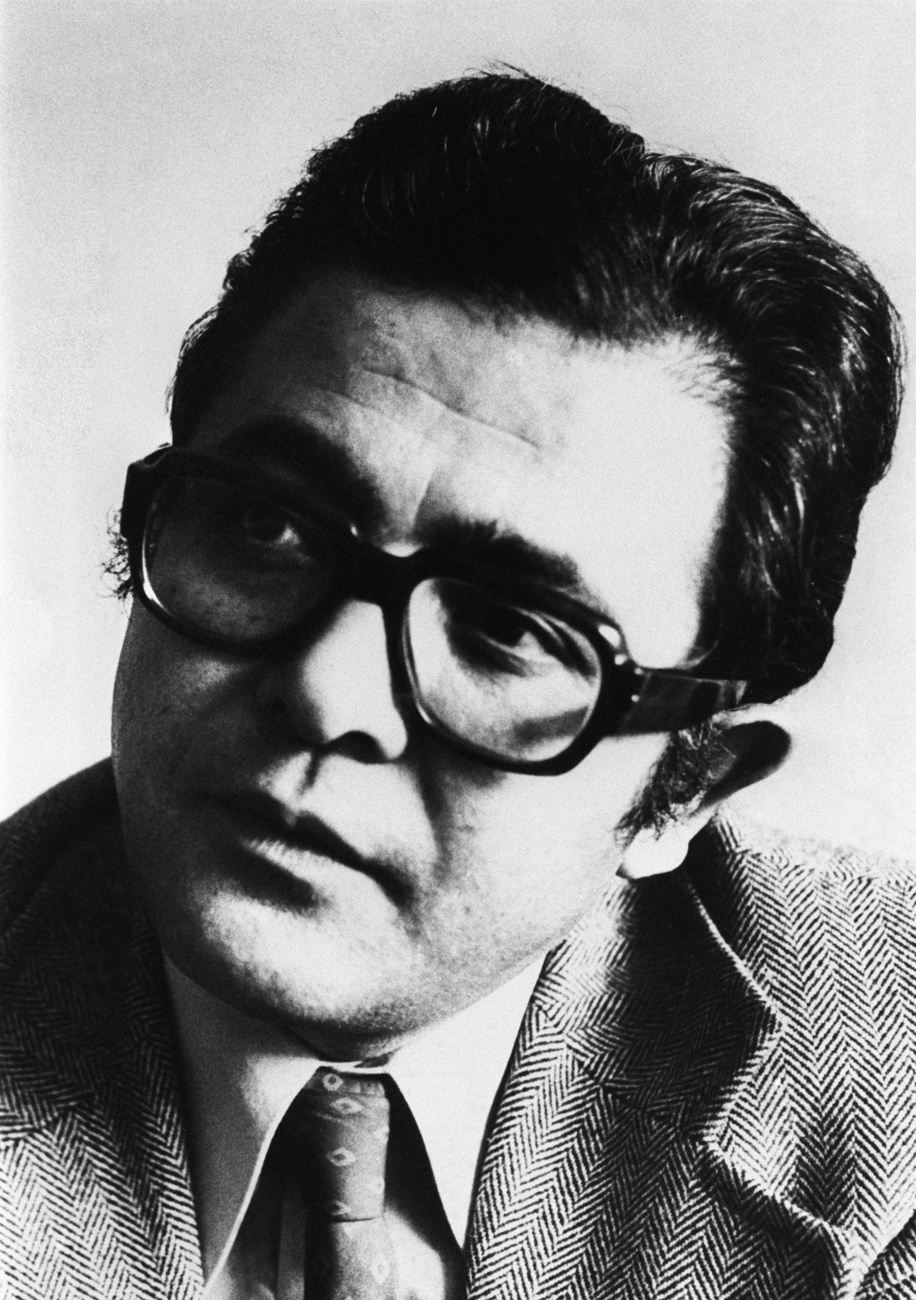
In its letter, canton Vaud’s public prosecutor’s office also invited comments and requests by June 17. Swiss lawyer Nils de Dardel, who received the letter, told swissinfo.ch that he had obtained an extension of this deadline to July 31. During this period he intends to present his legal arguments why the case should not be closed.
Via email, the Vaud public prosecutor’s office declined to comment, noting that “in view of the requests for intervention addressed to members of the federal and cantonal executives or parliaments, of which it has received copies, justice is independent of the political authorities, in strict respect of the fundamental principal of separation of powers”.
Jacques Antenen, who was the investigating judge in charge of the case from 2006 to 2009 and who got the international arrest warrant issued against ex-minister Fallahian, told swissinfo.ch that he had been able to work “without any political interference”.
PLACEHOLDERCrime against humanity?
“The Swiss decision is nothing more than an abject political deal similar to France’s decision to free two of the arrested killers,” says Hanif JazayeriExternal link, a London-based Iranian opposition activist. “Terrorism and crimes against humanity are part of the Iranian regime’s DNA and are perpetrated relentlessly. They cannot be subject to the statute of limitations.”
De Dardel also told swissinfo.ch that Kazem Rajavi’s killing was conducted “in the context of crimes against humanity” or even genocide, being part of a pattern of political assassinations of opponents in Iran and abroad by the Islamic regime. Unlike assassination, crimes against humanity are not subject to any statute of limitations. This is one of the arguments he will be looking at.
In April, ten Geneva politicians and personalities signed a joint articleExternal link in the Tribune de Genève denouncing impunity in the Rajavi case. Sociologist and former federal MP Jean Ziegler, who was a friend of the victim and one of the signatories, told swissinfo.ch it was “scandalous” that the Vaud prosecutor wanted to close the case, which would mean “impunity for assassins” on Swiss soil. “It was a crime against humanity,” he said, “which has no time limit.”
Gunned down in broad daylight
Kazem Rajavi, post-Revolution Iran’s first ambassador to the United Nations in Geneva, was gunned down on April 24, 1990, as he was driving to his home in Coppet, a small town in canton Vaud near Geneva. At the time, Rajavi had become strongly critical of the Khomeini regime, resigned his diplomatic post and was the representative in Switzerland of the opposition National Council of Resistance of Iran (NCRI). He campaigned, including at the UN, for human rights and democracy in Iran. Kazem was the brother of Massoud Rajavi, the leader of the People’s Mujahedin, the main armed opposition group to the Islamic regime in Iran. The renowned human rights advocate had been granted political asylum in Switzerland in 1981.
“If Switzerland is serious about fighting terrorism it should keep Rajavi’s file open,” says Jazayeri. “Invoking the statute of limitations regarding this file is a by-product of much delay and postponement and amounts to nothing but preventing justice from being served and appeasing the mullahs over their unbridled terrorism. It would only stain Switzerland’s record of commitment to democracy and the rule of law. And it is not something that the Iranian people would forgive or forget.”
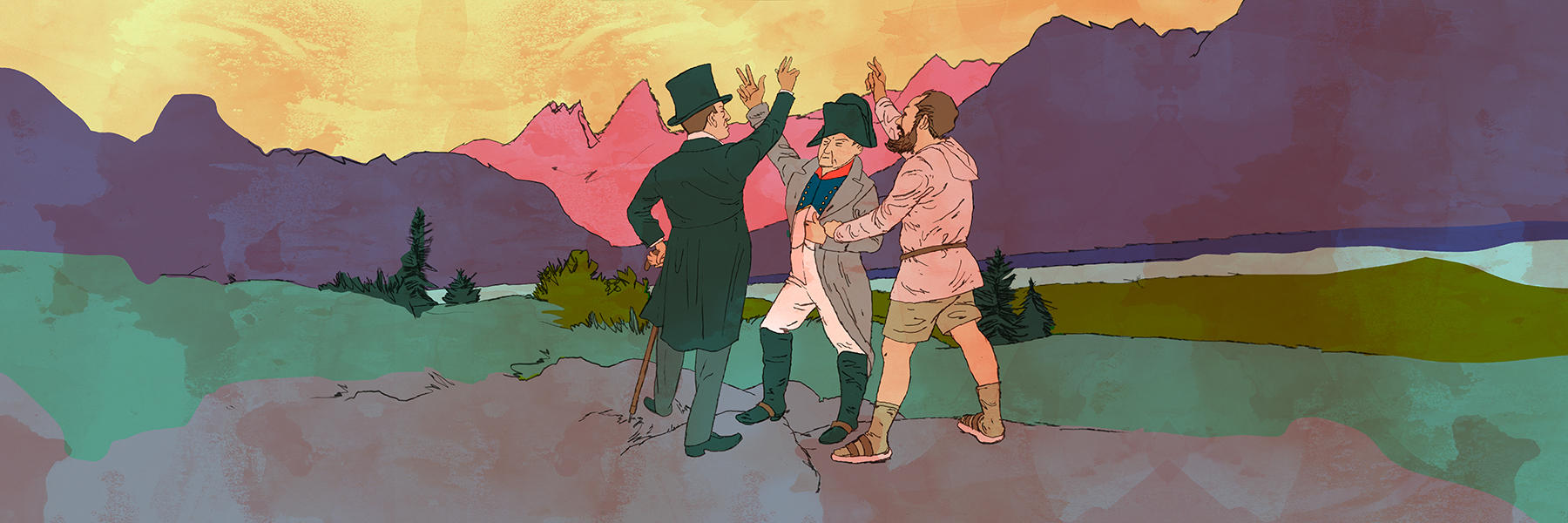
More
How did Switzerland become Switzerland? The most important chapters in Swiss history up to 1848

In compliance with the JTI standards
More: SWI swissinfo.ch certified by the Journalism Trust Initiative
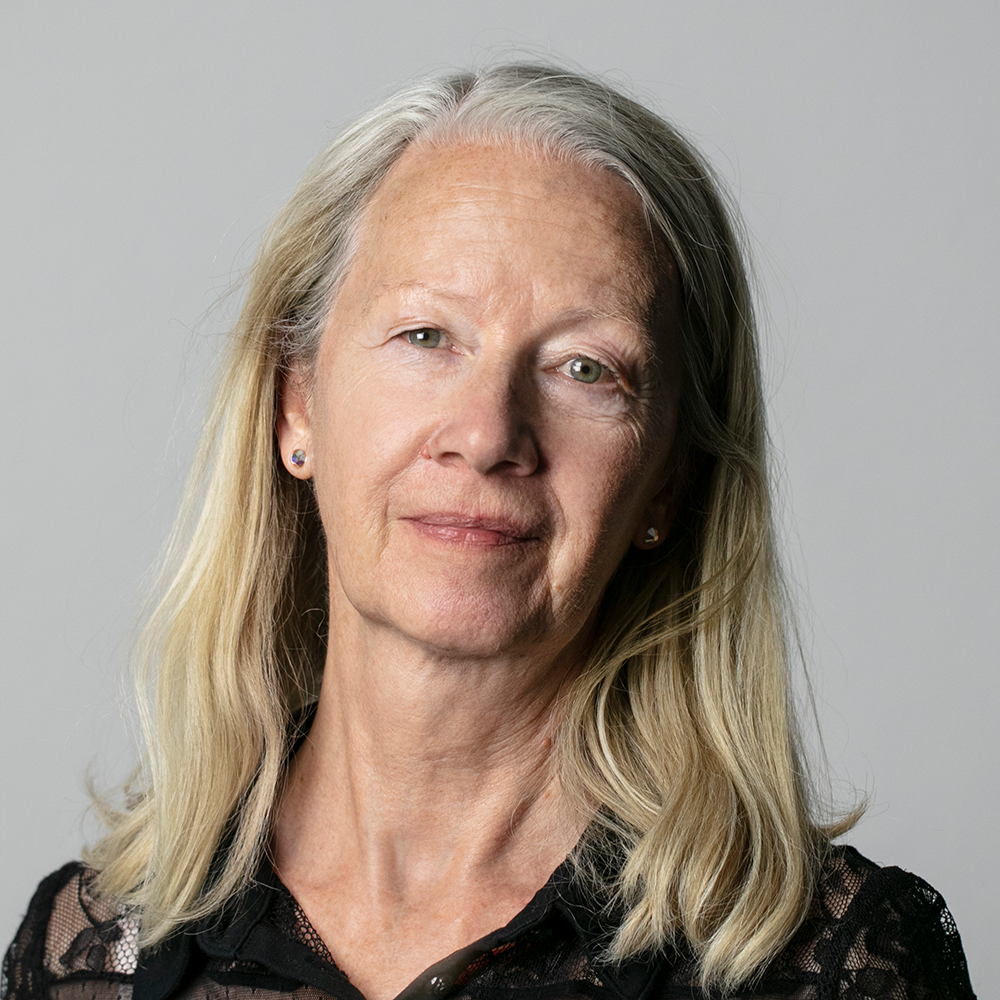
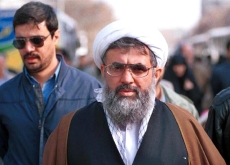
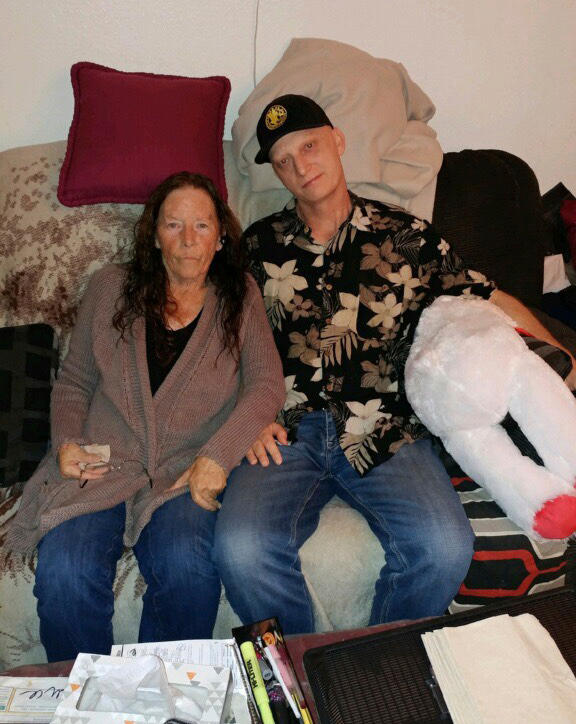
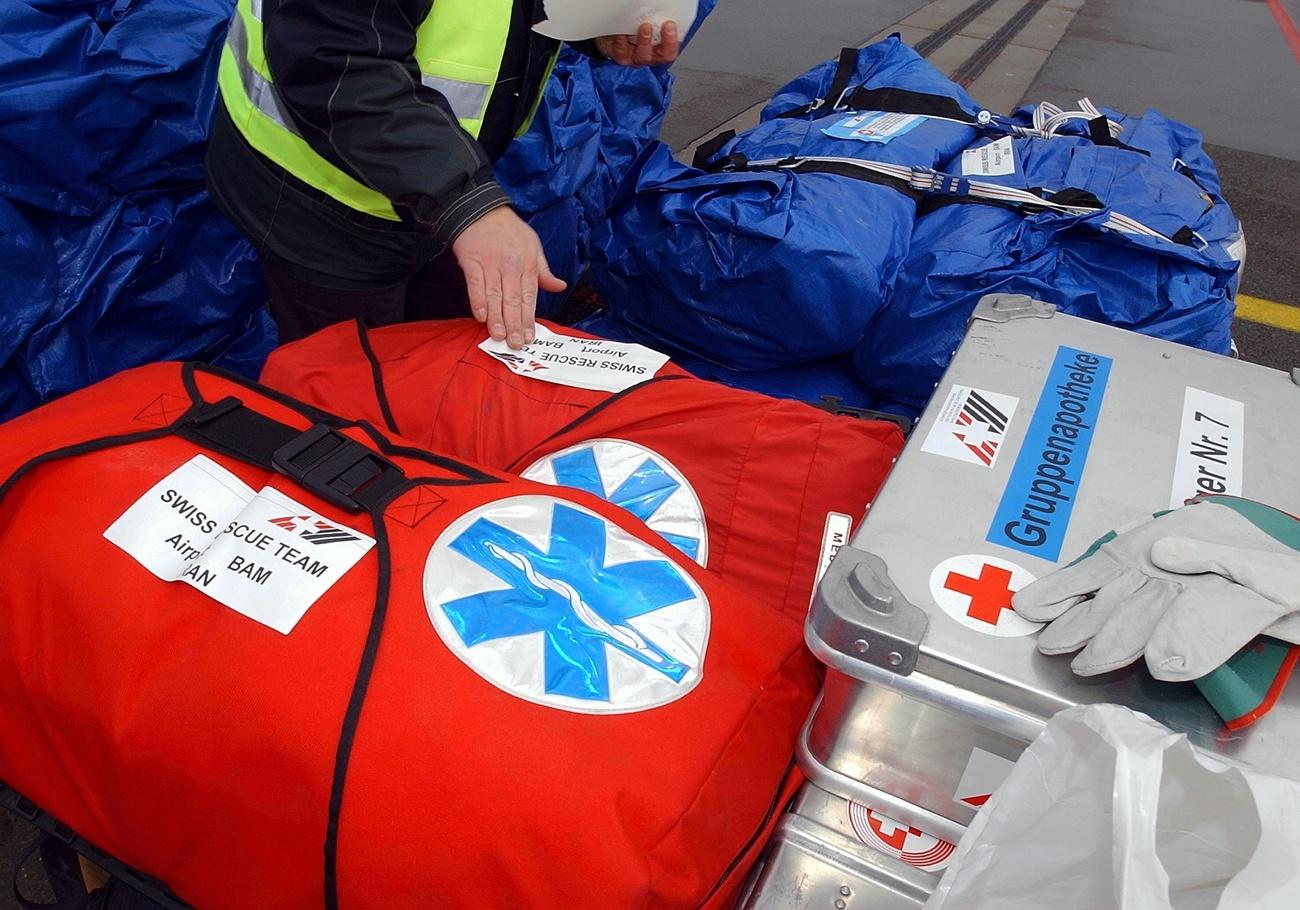
You can find an overview of ongoing debates with our journalists here. Please join us!
If you want to start a conversation about a topic raised in this article or want to report factual errors, email us at english@swissinfo.ch.